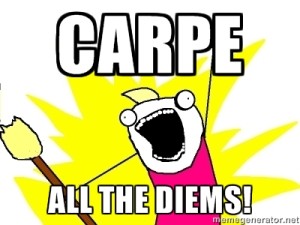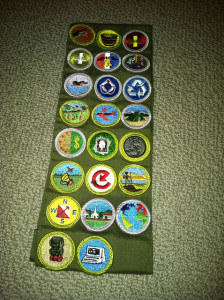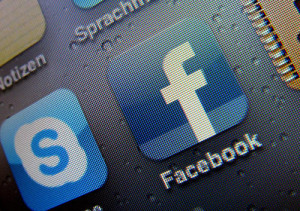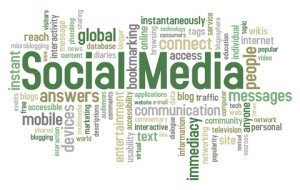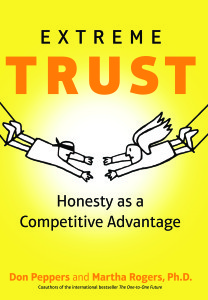 Medium, if you don't know, is an open, easy-to-use platform where anyone can create an account to start writing and to share that writing with the world. Awesome, well known people like Barack Obama and Gary Vaynerchuk have used the platform to publish content, as well as plenty of not-so-awesome, not-so-well known folks. One strategy that many writers and marketers employ is publishing content first on their blog or website and then publishing it again on Medium a bit later with a link back to the original piece (or no link sometimes).
Medium has incredible reach, and allows bloggers and writers to upload their own, previous published content with no consequences. So, I wonder, should I put my blog posts on Medium?
Medium, if you don't know, is an open, easy-to-use platform where anyone can create an account to start writing and to share that writing with the world. Awesome, well known people like Barack Obama and Gary Vaynerchuk have used the platform to publish content, as well as plenty of not-so-awesome, not-so-well known folks. One strategy that many writers and marketers employ is publishing content first on their blog or website and then publishing it again on Medium a bit later with a link back to the original piece (or no link sometimes).
Medium has incredible reach, and allows bloggers and writers to upload their own, previous published content with no consequences. So, I wonder, should I put my blog posts on Medium?
I Have More Than 500 Published Posts On This Blog
With more than 500 posts over the course of four or five years, it would seem like I shouldn't need the reach or any additional help. Anyone who has been writing that much for that long ought to have plenty of followers and ought to have quite a niche built out for them.
Unfortunately, that's not the case.
All the blogging was in a whole lot of fits and starts, and is also an archive of several different blogs, since many of the posts were from my freelancing blog and my two business blogs as well as anything that I decided to write for personal purposes. There's not a whole lot of cohesion to the content or to the process of writing all of the 500 posts. I somehow just happened to write all of it over the span of a few years.
However, many of these posts are just getting dusty. They were great, on point blog posts when I wrote them and they got a lot of traffic when they were originally on the business blog. But, the posts aren't doing much for me now. Yes, I do need to go back and update the information, make sure the links still work, pick a new photo and clean up the SEO portion of it. It's very possible the fact that I haven't done all that yet is hurting. With all this in mind, post my content on Medium may be a good thing to do with old content.
I'm Hesitant Because of the Decentralization
I'm concerned about doing this because I don't own Medium, and therefore I give up control of my content when I put in on Medium. If Medium shuts down, then all that content is gone. If Medium decides it's great, then they'll feature the post and promote it. If not, then they aren't going to do anything to help my content reach the people I want it to reach. If a post does really well on Medium, then I can't guarantee that those people will associate the work with me and the brand that I'm trying to build. It may increase my audience for a day, but I won't know for sure how many of those people will stick around and will read my next post or be interested in anything else that I might have to offer. At least when you promote and share your content on social media, you have a little bit more control then on platforms like Medium and LinkedIn.
Overall, it might be worth trying Medium with a couple of posts, just to see how it works and to see if I like it. Everyone talks about how great the platform is and the potential and exposure it gives people. As I said in a previous blog post, I just need to start talking and stop worrying about all sorts of little things that don't matter in the long run.


